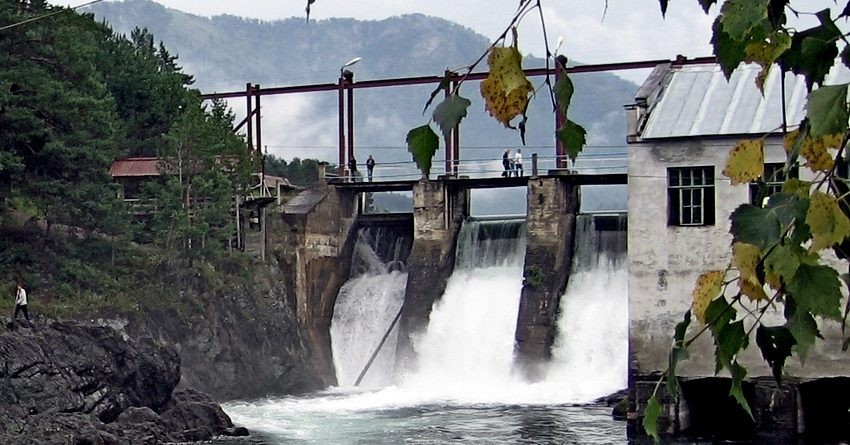Kyrgyzstan's green economy
Through tax breaks and the commissioning of new small hydroelectric power plants, the government in Bishkek is resolutely pursuing a path of ecological transition. This will bring significant benefits for businesses, but doubts remain about the impact on the behaviour of individual citizens.
(AsiaNews) - Kyrgyzstan is taking decisive steps towards a green economy, introducing special measures to support small and medium-sized businesses. Firstly, tax breaks and easier access to the most effective energy technologies, with significant advantages for many people, are boosting the popularity of the government's current policies, although experts argue that people often settle for subsidies without any particular prospects for development.
The main purpose of these initiatives remains concern for the environment, which, according to many observers, should be explained in a more convincing and detailed manner.
Many citizens are not interested in support measures, which affect entrepreneurs more than the masses of workers, who could also benefit from certain exemptions but are often unaware of them. The Unison Group has conducted an in-depth analysis of the barriers and incentives existing in this transition, presented by manager Iskender Šaršeev, to encourage a more effective and meaningful approach.
In his view, ‘many incentives for the development of a green economy in Kyrgyzstan are working quite well, but others need a review of the legislative conditions’, especially in the tax and customs regimes and by opening up to ‘green credits’.
Tax measures provide for full exemption for innovative activities that use ‘ecologically pure’ technologies and improve the sustainability of production. Companies engaged in electricity, heating and renewable fuels, whether derived from ecological sources, will not have to pay taxes for a period of up to five years from the start of their new functions.
Imports of technologies and goods that meet energy efficiency and environmental criteria, such as equipment for solar panels or wind turbines, and small hydroelectric power stations, will not be taxed. The list of these items is established by the Council of Ministers in Bishkek. Similarly, fully electric motor vehicles will be exempt from tax, and property taxes will be reduced by 50% on buildings, premises and structures that meet the required standards.
The new version of the law ‘On the disposal of production and consumption’ establishes basic rules on waste recycling to encourage the reuse of materials with the highest pollution potential.
Other support measures are provided for in the law ‘On environmental protection’, aimed at supporting entrepreneurs for ecological initiatives, with a list of machinery and equipment suitable for this purpose.
According to Šaršeev, ‘the tax incentives are sufficient and are already yielding good results, such as the 20 small hydroelectric power plants that have already been inaugurated, with the same number due to come into operation by the end of this year’.
At the same time, the expert notes that ‘there are several regulations on paper that do not actually work, such as the one concerning the heating of buildings’, whereby if a building has been awarded a B energy efficiency rating, the owner should only pay half the tax, but the regulation has remained suspended in the tax code.
Further legislative confirmation is awaited, particularly to convince owners of large commercial and residential properties, who pay very high taxes. These issues will also be discussed at the level of the Eurasian Economic Union (EAEU), on the initiative of Kyrgyzstan, with the aim of simplifying procedures and stimulating investment in the sector.







.png)










